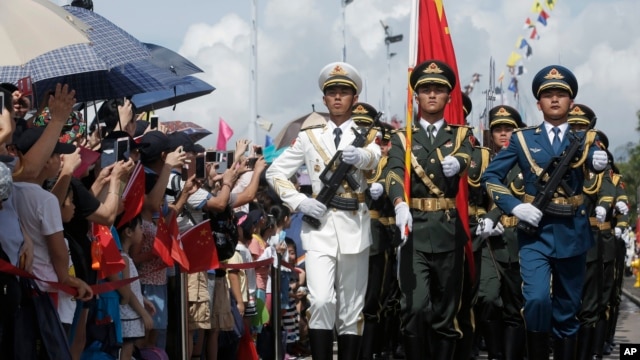The International Studies and Women, Gender, and Sexuality Programs at Trinity College announce a joint tenure-track position at the assistant professor level for an innovative scholar of transnationalism whose work focuses on gender and sexuality, is informed by feminist and queer theory, and is rigorously interdisciplinary in its approach to the world. We particularly encourage applications from candidates whose work focuses on peoples, institutions, discourses, and practices outside North America and Europe. The successful applicant will be expected to teach courses in his/her specialty as well as core courses in both programs, including an introductory course in gender and sexuality studies with a transnational focus and an upper level course in feminist and queer theory. INTS and WMGS are interdisciplinary programs, and we welcome applicants from any discipline.
Teaching load is 2/2 for the first two years (and 3/2 thereafter) with a one-semester leave every fourth year.
The successful candidate will be housed jointly in the International Studies Program (http://www.trincoll.edu/Academics/MajorsAndMinors/International/Pages/Overview.aspx) and the Women, Gender and Sexuality Studies Program (http://www.trincoll.edu/Academics/MajorsAndMinors/Women/Pages/default.aspx). Continue reading Trinity College position







